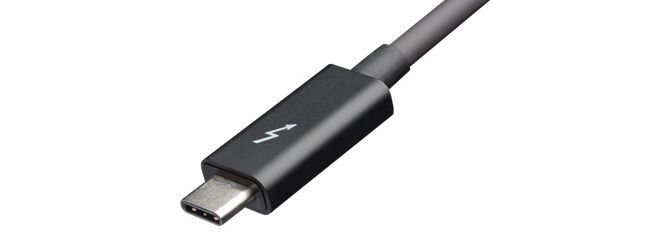Apple on Wednesday clarified its stance on future integration of Intel's Thunderbolt protocol, saying Macs powered by custom-designed Apple silicon ARM chips will continue to support the connectivity technology.

The tech giant in a statement to AppleInsider said Apple silicon Macs will support Thunderbolt's latest specifications. Thunderbolt's future on Mac was in question as Apple is in the beginning stages of transitioning away from Intel's x86 architecture in favor of its own ARM designs.
"Over a decade ago, Apple partnered with Intel to design and develop Thunderbolt, and today our customers enjoy the speed and flexibility it brings to every Mac," the company said. "We remain committed to the future of Thunderbolt and will support it in Macs with Apple silicon."
Apple's promise to continue support for the specification arrives hours after Intel detailed the forthcoming Thunderbolt 4 standard in a press release. While the updated protocol retains the 40Gb/s data throughput spec from Thunderbolt 3, more stringent minimum system requirements will deliver a more robust user experience.
For example, Thunderbolt 4 offers support for two 4K displays or one 8K display, double the capability of Thunderbolt 3. PC data requirements include 32Gbps speeds for PCIe and 10Gbps for USB 3.2, USB-4 compatibility, and charging from at least one PC port. Also new is the adoption of Intel VT-d based direct memory access (DMA) protection, a feature that should improve reliability.
Apple announced the coming shift away from Intel processors at WWDC in June, noting the transition is expected to take about two years to complete. The first ARM-based Macs are rumored to arrive at the end of 2020, perhaps in the form of a small-sized portable like MacBook.


